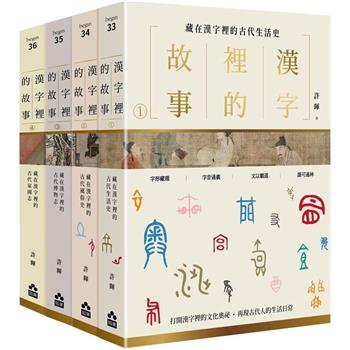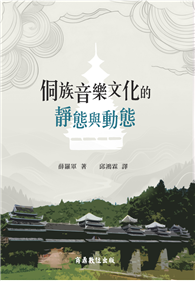The common focus of the essays in this book is the debate on the nature of science - often referred to by contemporaries as 'natural knowledge' - in Britain during the first half of the 19th century. This was the period before major state support for science allowed its professionalization; indeed, it was a time in which the word 'scientist' (although coined in 1833 by William Whewell) was not yet widely used. In this context, the questions about the nature of science were part of a public debate that included the following topics: scientific method and intellectual authority, the moral demeanour of the man of science, the hierarchy of specialised scientific disciplines, and the relation with natural theology. These topics were discussed both within scientific circles - in correspondence and meeting of societies - as well as in the wider public sphere constituted by quarterly journals and encyclopaedias. A study of these debates allow us to see how British science of this period began to cast loose some of its earlier theological supports, but still relied on a moral framework to affirm its distinctive method, ethos and cultural value.
| FindBook |
有 1 項符合
Science in the Public Sphere: Natural Knowledge in British Culture 1800-1860的圖書 |
 |
Science in the Public Sphere: Natural Knowledge in British Culture 1800-1860 作者:Yeo 出版社:Routledge 出版日期:2001-12-12 語言:英文 規格:精裝 / 324頁 / 普通級 |
| 圖書館借閱 |
| 國家圖書館 | 全國圖書書目資訊網 | 國立公共資訊圖書館 | 電子書服務平台 | MetaCat 跨館整合查詢 |
| 臺北市立圖書館 | 新北市立圖書館 | 基隆市公共圖書館 | 桃園市立圖書館 | 新竹縣公共圖書館 |
| 苗栗縣立圖書館 | 臺中市立圖書館 | 彰化縣公共圖書館 | 南投縣文化局 | 雲林縣公共圖書館 |
| 嘉義縣圖書館 | 臺南市立圖書館 | 高雄市立圖書館 | 屏東縣公共圖書館 | 宜蘭縣公共圖書館 |
| 花蓮縣文化局 | 臺東縣文化處 |
|
|
圖書介紹 - 資料來源:博客來 評分:
圖書名稱:Science in the Public Sphere: Natural Knowledge in British Culture 1800-1860
|










![114年超好用大法官釋字+憲法訴訟裁判(含精選題庫)[高普考] 114年超好用大法官釋字+憲法訴訟裁判(含精選題庫)[高普考]](https://media.taaze.tw/showLargeImage.html?sc=14100118469)
